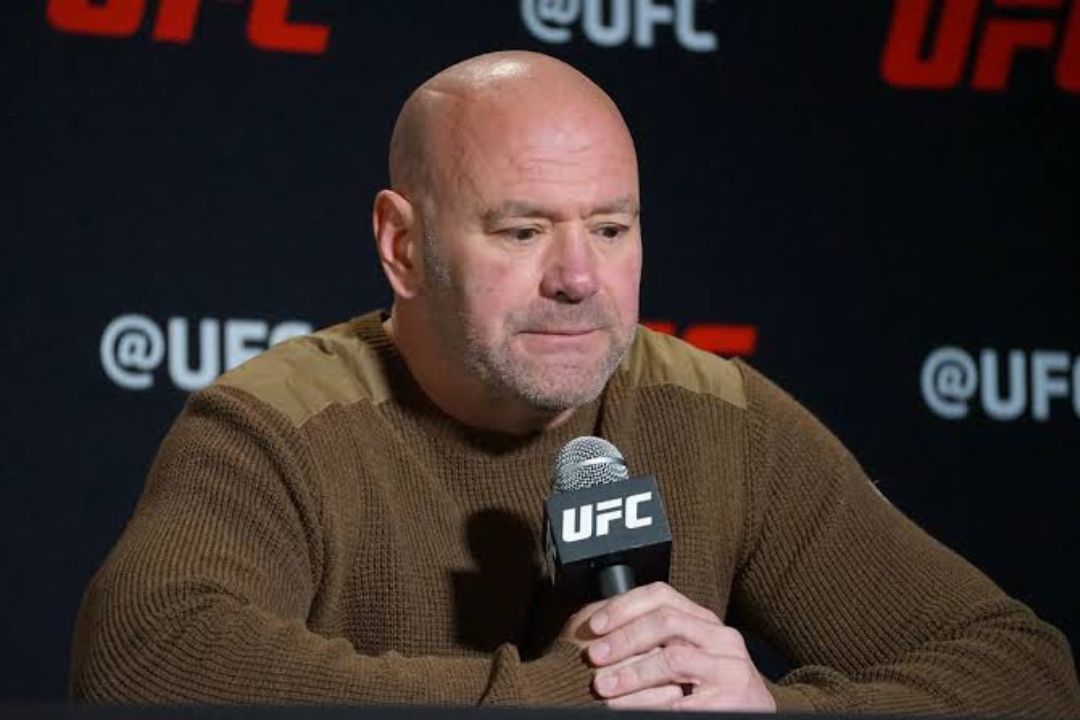
Imago
Credits: Imago

Imago
Credits: Imago
The UFC has grown into a global powerhouse in mixed martial arts, generating billions of dollars annually and hosting some of the most iconic events in combat sports history. However, despite the organization’s success, one issue remains a constant source of controversy: fighter pay. Many UFC athletes, including high-profile names, have voiced their frustrations over what they believe to be inadequate compensation for their efforts.
Watch What’s Trending Now!
Fighters put their bodies on the line, enduring grueling training camps and risking significant injuries inside the Octagon, yet many claim their paychecks don’t reflect these sacrifices. Entry-level fighters in the UFC typically earn around $12,000 to $14,000 to show and another $12,000 to $14,000 if they win. When factoring in expenses like gym fees, coaching, travel, and medical costs, the take-home amount often dwindles to a fraction of the original paycheck.
ADVERTISEMENT
Comparisons to other professional sports further highlight the disparity, with athletes in organizations like the NFL or NBA earning significantly higher minimum salaries. These leagues distribute nearly 50% of their revenue as salaries and compensation while for the UFC, this number stands at a meager 18%.
Moreover, the decision to ban personal sponsors for fighters was met with criticism. The majority of people claim that the UFC’s deal with Reebok for ring gear and merchandise was detrimental to the fighter’s income. Or to put it more bluntly- it forced them into a deadlock with the promotion with minimum opportunities for financial freedom. And this is perfectly highlighted by Josh Thomson in his recent revelation. A post shared by Reddit read, “Josh Thompson reveals he made $86k vs Nate Diaz and $100k vs Bendo just from shorts sponsors”.
ADVERTISEMENT
Josh Thompson reveals he made $86k vs Nate Diaz and $100k vs Bendo just from shorts sponsors
byu/MarbledNightmare inMMA
Last year proved to be an exceptional one for UFC CEO Dana White, with the organization raking in nearly $140 million in revenue from its PPV events alone. Fighters and promoters alike worked relentlessly to keep the promotion at the top of the MMA world. However, despite breaking records in revenue every year, White has come under fire for allegedly underpaying fighters. Naturally, the issue has once again gained traction with Thomson’s financial disclosure. Fans have now prompted calls for the UFC CEO to take action and address the ongoing concerns.
ADVERTISEMENT
Fans pile on Dana White and UFC’s unfair compensation policy
Payment clauses have long been a hot-button issue in combat sports promotions, and recent developments have reignited the debate. Following a high-profile antitrust lawsuit, UFC CEO Dana White and his organization were ordered to pay $375 million to over 1,000 fighters. Originally, the 1,200 plaintiffs sought a settlement in the billions, but after extensive negotiations, TKO Group—the UFC’s parent company—reached an agreement to resolve the dispute.
ADVERTISEMENT
One fan reflected on the nature of success and perception in the case of the UFC, commenting, “Sometimes you live long enough to become the villain.” Some fans expressed confusion over the UFC’s payment model, suggesting higher wages would elevate the sport by attracting top-tier talent. One comment read, “I really don’t get it. More money means better athletes will be drawn towards the sport.” However, others believe financial control is a priority for the UFC, with one fan asserting, “But less control for the UFC and less money in their pockets, which is all they care about.”
The organization’s approach was criticized as a strategy to maintain dependence among lower-ranked fighters. A fan remarked, “Sad reality is that the UFC wants fighters to be broken and completely reliant on them for money. They don’t want low or unranked fighters making this kind of money.”
ADVERTISEMENT
The ban on personal sponsorship deals also drew sharp criticism, “Not allowing sponsors is absurd and should be illegal,” one user stated, calling for fighters to secure their financial independence. Another argued that the UFC has monopolized profits, observing, “The UFC knew this, saw the money in it, and took it all for themselves.”
These reactions underscore a common sentiment: the UFC appears more focused on maintaining control and maximizing profits than fostering growth or fairly distributing wealth to the fighters who fuel the sport’s success.
ADVERTISEMENT
What’s your take on the UFC’s fighter pay policies? Should the organization improve its compensation model, or are they striking the right balance? Share your thoughts in the comments below!
ADVERTISEMENT
ADVERTISEMENT
ADVERTISEMENT